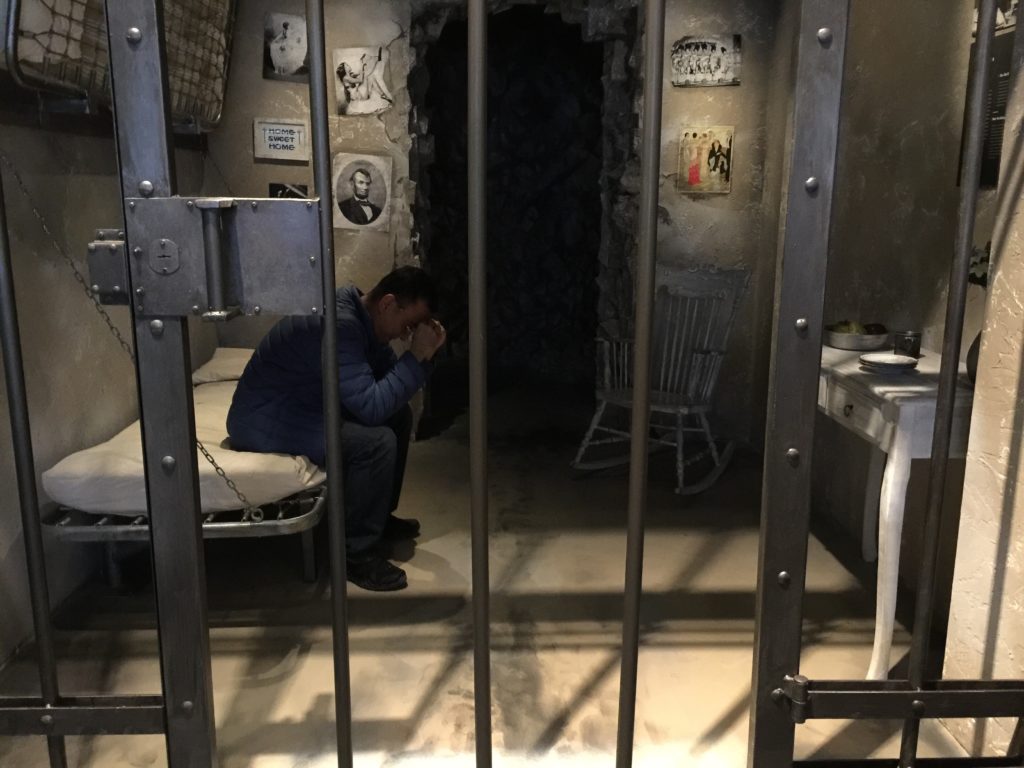Top Rated Criminal Lawyers | Call Us 24/7 AT (416) 658-1818

A confession is an incriminating statement made by a person in relation to an alleged offence. It may be used against an accused person to prove their guilt. A confession does not have to be an explicit admission of guilt.
A confession can be a statement where the defendant claims innocence and admits certain facts, which in combination with other evidence, suggest that the defendant is guilty. The Crown Attorney may seek to adduce a confession as evidence at the accused’s trial if they think that the confession makes for strong evidence against them.
A “person in authority” was defined in R. v. Hodgson as “anyone formally engaged in the arrest, detention, examination or prosecution of the accused”. Some examples of “persons in authority” are police officers, agents of the police, and teachers.
Before a confession made to a person in authority is admitted into evidence the prosecution must establish that it was made without fear of prejudice or hope of advantage held out by the person in authority, that the statement was voluntary- that the defendant, fully apprised of his rights, choose to make a confession.
If a statement is deemed involuntary it is inadmissible. The concept of voluntariness was first defined in the case of Boudreau v. R. Here. The court held that a confession is voluntary if it is made by “a man free in volition from the compulsions or inducements of authority".
To determine that a confession was involuntary a criminal defence lawyer must look for five indicia of compulsion:
A person in authority cannot offer the accused a “quid pro quo” in order to induce confession. Police cannot promise anything that an accused person may believe they can offer even if, in reality, the police do not have the authority to fulfil the inducement (reduced sentence, results at trial, etc.).
Threats of violence and violence itself cannot legally be used by persons in authority to extract a confession from the accused. Confessions obtained through actual threats of violence or violence are inherently unreliable. The threshold for what constitutes a threat or inducement is quite low.
In order for a confession to be inadmissible due to an oppressive atmosphere, the Police involved in the confession must have created an atmosphere that is so inhumane and intolerable that it renders the confession unreliable.
For example, in R. v. Hoylette during the course of the investigation leading to his confession, the defendant Haylette was naked in a cold cell with no access to tissue, blankets, food, etc. Even though the police did not engage in threats or violence and the defendant indicated that he understood he was not obliged to give a confession, the court held that his ultimate confession may have been given so he could get out of the oppressive environment.
An individual who is (i) profoundly or severely mentally ill, (ii) profoundly or severely impaired, or (iii) a child governed by the Youth Criminal Justice Act does not have the capacity to make a fully informed and meaningful decision to give a confession. The court may admit a youth’s confession based on a determination that the youth’s decision to confess was the meaningful result of an operating mind.
In order for police trickery to render a confession inadmissible it has to “shock the conscience” of the community. The court must look at all of these factors together to decide whether the conduct of the police would shock the community and affect the reliability of the defendant’s confession.
A confession will be deemed inadmissible if the defendant was not informed of their s. 10(b) right to counsel pursuant to The Canadian Charter of Rights and Freedoms prior to making a statement. The rule excluding an involuntary confession is closely related to the constitutional privilege against self-incrimination.
Under s. 7 of The Canadian Charter of Rights and Freedoms every individual has the right to remain silent so as to refrain from self-incrimination. Individuals facing criminal charges are wise to avoid making a self-incriminating statement that may later be used against them.
As a rule, a reliable record has to be made of a confession. It is increasingly difficult for the Crown to prove that a confession occurred and was voluntary if the police have not made a video recording of the confession. If the police could have made a recording but failed to do so it would suggest that the police’s evidence regarding the confession should be excluded.
If any of these factors are present the court may exclude the confession because it is involuntary and inherently unreliable.
The police and persons in authority are often trained and have proven methods effective at compelling a person to waive their right to silence and make a confession. The rules against admitting involuntary confessions attempt to mitigate the inherent power imbalance between a person in authority and the accused. There are ways of avoiding criminal charges even once a confession has been made. Call Toronto criminal lawyers Kostman and Pyzer, Barristers to defend your criminal charges.